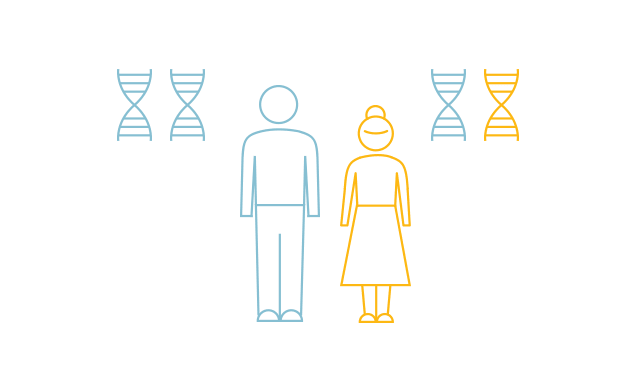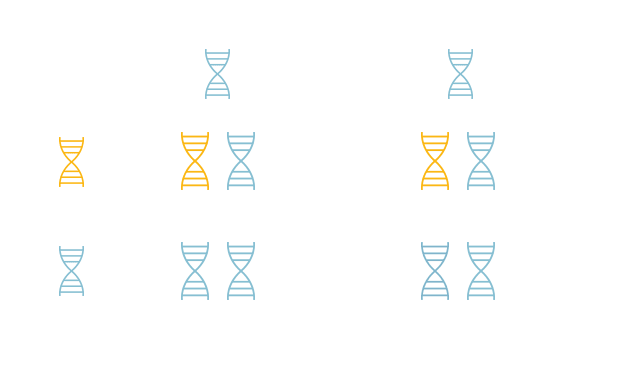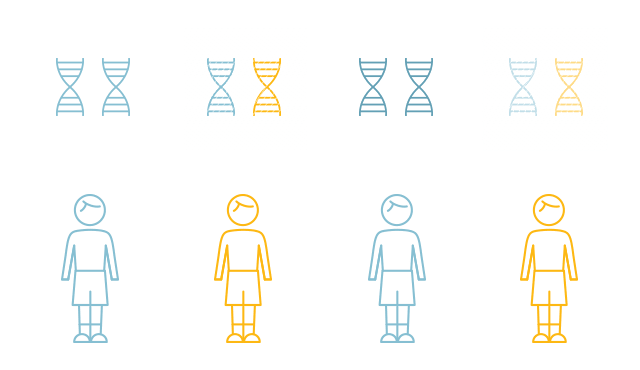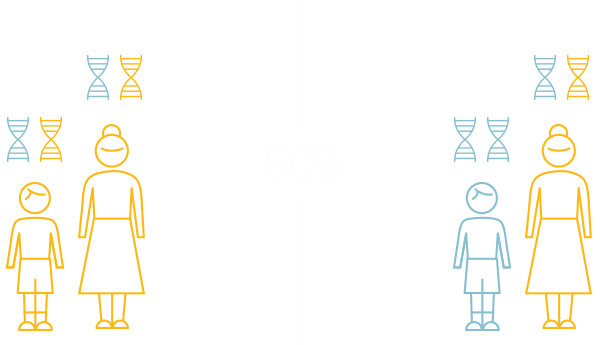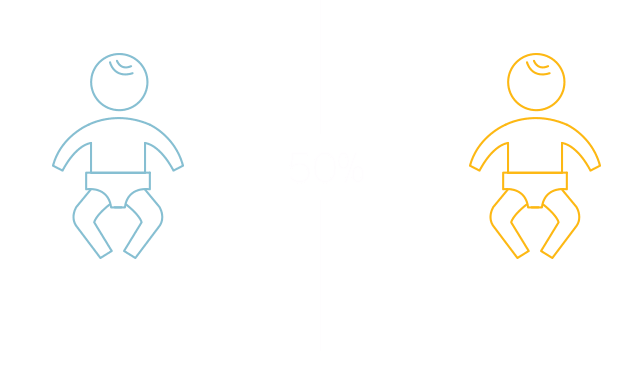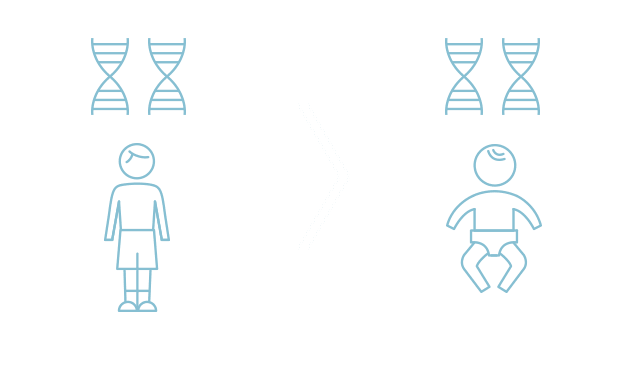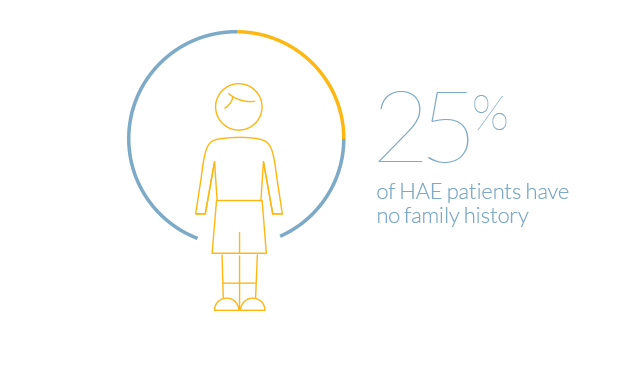Understanding HAE
Not real patients.
What causes HAE?
Most people with HAE either don't have enough of a protein called C1 esterase inhibitor (C1-INH), or the protein doesn't work properly. This deficiency or dysfunction can lead to episodes of swelling. These two causes can be classified as Type 1 or Type 2.
85%
Type 1 HAE
Type 1 HAE
Type 1 is the most common and caused by having too little C1-INH circulating in the blood.
15%
Type 2 HAE
Type 2 HAE
Type 2 means a person's body makes enough C1-INH, but the protein doesn't work as it should.
CINRYZE (C1 esterase inhibitor [human]) was the first preventive therapy indicated to help prevent HAE attacks in children (6 to 12 years old).
Learn more now
You might also be interested in:
![CINRYZE® (C1 esterase inhibitor [human]) Logo](/dist/images/hdr-logo2.png)
